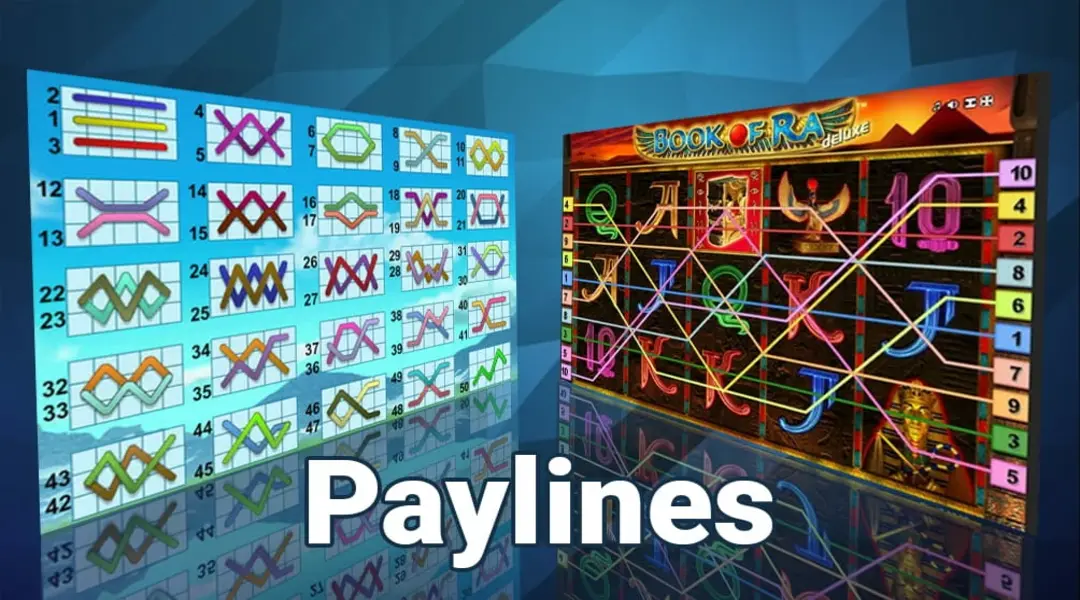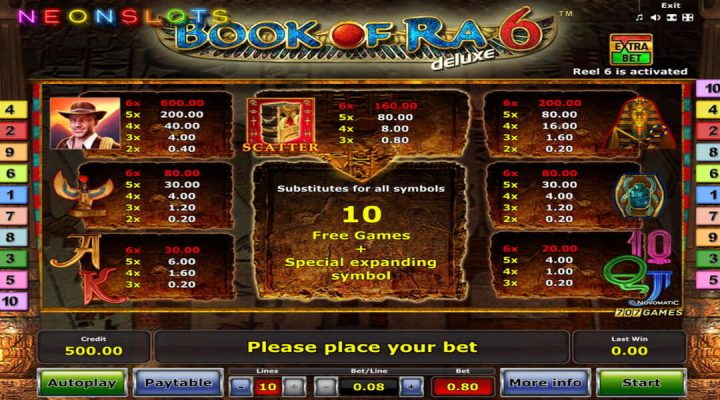Paylines in Casino Slots: A Comprehensive Guide

Slot machines have come a long way since their invention in the late 19th century. What once consisted of simple mechanical reels with a handful of symbols has evolved into a sophisticated digital experience boasting hundreds of features. Among the most crucial elements in the design of any slot game is the concept of paylines. Whether you’re spinning classic fruit machines or exploring cinematic video slots, understanding paylines in slots is key to mastering the game and improving your chances of winning.
What Are Paylines in Slots?
At their core, paylines in slots are the predetermined patterns on which matching symbols must land for the player to receive a payout. These patterns run across the reels in various configurations—horizontal, diagonal, zigzag, or even V-shaped. In traditional three-reel slots, a single horizontal payline was the norm. But today’s online video slots often feature anywhere from 10 to over 1,000 ways to win, expanding the definition and mechanics of paylines significantly.
When we talk about slots paylines explained, we’re referring to the rules that determine how symbols align and how much they pay. Each game comes with a specific number of paylines, and players are often allowed to choose how many they wish to activate, though some modern slots come with fixed paylines where all possible combinations are in play on every spin.
Types of Paylines
Paylines have become increasingly diverse and complex, depending on the game’s theme, volatility, and intended player experience. Here’s a breakdown of the most common types of paylines in casinos:
| Payline Type | Description |
|---|---|
| Fixed Paylines | All paylines are active by default and cannot be changed. |
| Adjustable Paylines | Players can choose the number of paylines to activate per spin. |
| Both Ways Paylines | Wins are paid from left to right and right to left. |
| Megaways™ | Dynamic paylines that vary with each spin, often exceeding 100,000 ways. |
| Cluster Pays | Wins are awarded based on clusters of symbols rather than set lines. |
Each of these types has implications for gameplay, betting strategy, and volatility. For instance, fixed paylines simplify the gaming experience and guarantee that no potential winning combination is missed, while adjustable paylines offer budget-conscious players greater control over their stakes.
The Evolution of Slot Paylines
Initially, slot machines featured just one payline—simple and easy to understand. However, as technology advanced and digital slots became the norm, the industry saw a surge in game innovation. Five-reel slots became standard, and along with them came 9, 20, 25, or even 50 paylines.

In recent years, innovations like Megaways™ and cluster pays have pushed the envelope further. Megaways™ slots use a random reel modifier to change the number of symbols on each reel with every spin, resulting in up to 117,649 possible ways to win. Meanwhile, cluster pay systems eliminate traditional paylines altogether, rewarding players when groups of matching symbols appear adjacent to one another.
These modern systems have dramatically increased player engagement and added layers of strategy to what was once a game of pure chance.
Why Paylines Matter
Understanding paylines in casinos is essential not only for casual enjoyment but also for effective bankroll management and informed decision-making. Here’s why paylines matter:
- Payout Structure: Paylines directly influence how much a player can win. Some lines offer higher multipliers or unlock bonus features.
- Betting Options: Adjustable paylines allow players to tailor their experience, choosing between higher risk with more lines or lower stakes with fewer.
- Game Volatility: The number of paylines often correlates with volatility. Slots with fewer lines typically offer higher payouts but hit less frequently, while those with many lines provide smaller but more regular wins.
How to Choose the Right Number of Paylines
Choosing how many paylines to activate, when given the option, depends on your playing style and risk appetite. Some players prefer activating all available lines to maximize their chances of hitting a win, even if that means placing a higher total bet. Others may activate fewer lines to conserve their bankroll over a longer session.
Here’s a quick guide to help you decide:
- Budget – The more paylines you activate, the higher your total bet per spin.
- Game Volatility – High volatility games may require a larger bankroll to sustain dry spells.
- Payout Frequency – More lines often lead to more frequent, smaller wins.
- Bonus Features – Some features are only unlocked when all lines are active.
The Psychology Behind Multiple Paylines
Game developers often employ psychology when designing paylines in slots. The use of multiple paylines creates the illusion of frequent wins—even when the payout is less than the total bet. For example, a player might bet $1.00 across 25 paylines and win $0.50, but the celebratory animations and sounds still simulate a victory.
This tactic, known as a “loss disguised as a win” (LDW), keeps players engaged and spinning longer. It’s another reason why understanding how paylines work is vital—so you know exactly what you’re winning and what you’re not.
RTP and Paylines: The Connection
Return to Player (RTP) is a crucial metric that indicates the percentage of wagered money a slot is expected to pay back over time. Most online slots feature an RTP ranging from 94% to 97%. The number and type of paylines can affect the perceived RTP experience.
For instance, in games with fixed paylines, the RTP is calculated with all paylines active, providing a consistent outcome. In contrast, if you activate fewer lines in an adjustable payline game, your effective RTP may be lower because you’re reducing your chances of triggering a payout.
Common Myths About Slot Paylines
As slot games become more advanced, misconceptions have also grown. Here are some of the most common myths:
- Myth 1: More paylines always mean better odds – More paylines can lead to more frequent wins, but not necessarily higher overall payouts.
- Myth 2: Slots are due for a win – Each spin is independent, governed by a random number generator.
- Myth 3: Playing fewer paylines saves money – It reduces your bet, but also your chances of winning.
Final Thoughts
In the evolving world of online gaming, understanding slots paylines explained is a fundamental step toward becoming an informed and responsible player. Paylines are not just decorative lines on a screen—they’re the structural blueprint of the slot experience. They dictate how wins are awarded, how much is paid, and how engaging the game can be.
Whether you’re chasing a mega jackpot or enjoying a quick spin on a lunch break, taking a moment to learn how paylines in casinos work can transform your experience from passive play to strategic engagement.
As the landscape of online slots continues to evolve, one thing remains constant: knowledge is power. And in the world of reels and symbols, that power starts with understanding the humble payline.